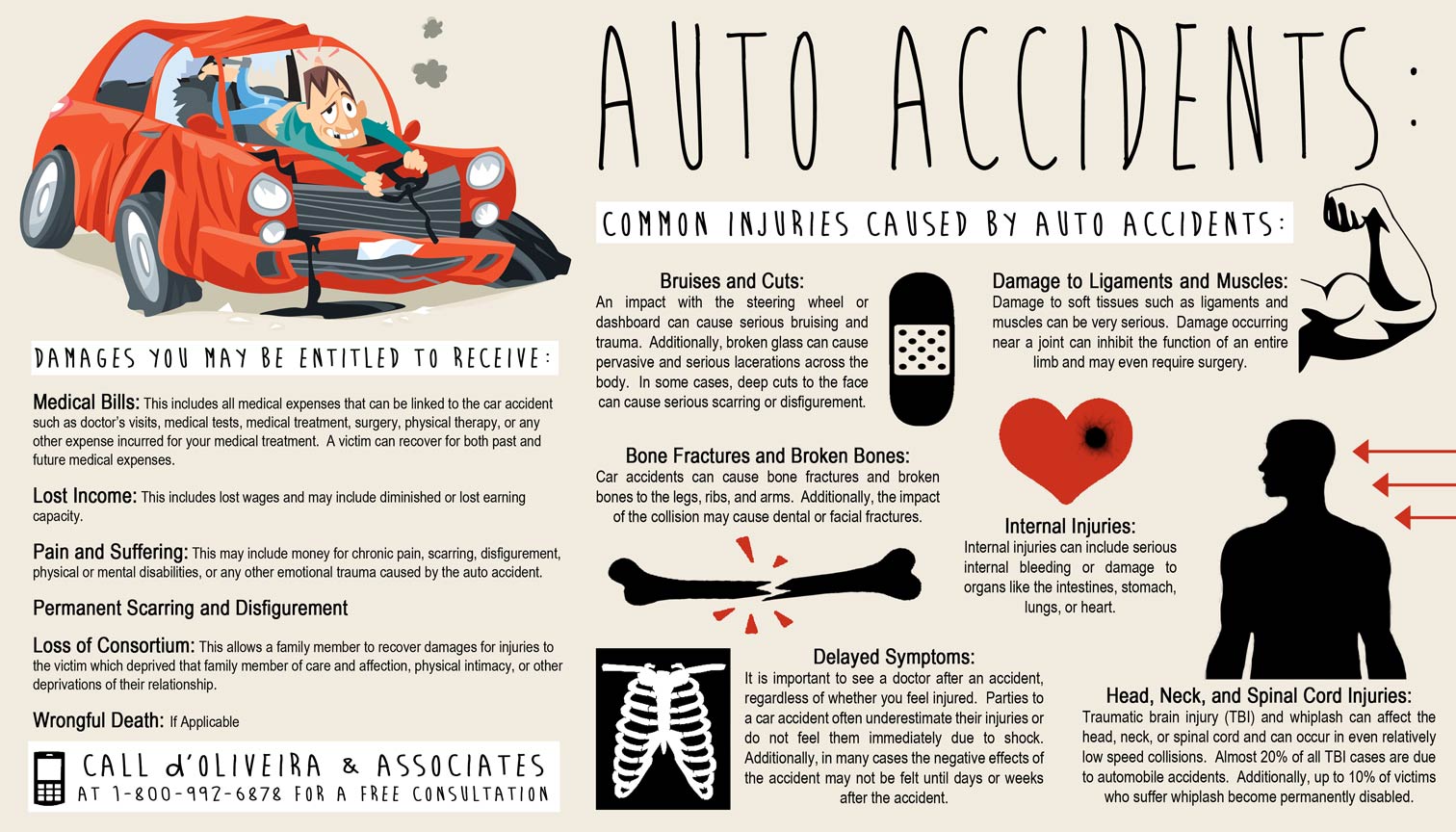The Real Estate Attorney'S Manual On Landlord-Tenant Law
The Real Estate Attorney'S Manual On Landlord-Tenant Law
Blog Article
Material Develop By-Fallesen Bennetsen
When it pertains to landlord-tenant regulation, knowing your legal rights and duties is crucial for both parties. You could assume you have a strong understanding on the essentials, but there are commonly subtleties that can catch you unsuspecting. Whether you're a proprietor handling a building or a lessee trying to find a stable home, comprehending the lawful landscape can make all the difference. What may surprise you are the intricacies associated with navigating disagreements and eviction procedures.
Understanding Lessee Rights and Responsibilities
When you rent a residential or commercial property, it's important to comprehend your rights and duties as an occupant. You can a secure and habitable living environment, implying your landlord should keep vital solutions like home heating, pipes, and power.
You're additionally qualified to privacy; proprietors commonly need to supply notification prior to entering your system.
On the other hand, you are in charge of paying rent in a timely manner, maintaining the property tidy, and not causing damages beyond typical damage.
Familiarize on your own with your lease agreement, as it details specific rules and responsibilities. Knowing these facets not just safeguards you but also fosters a favorable partnership with your property manager.
Keep informed, and you'll browse your tenancy better.
Trick Property Owner Responsibilities and Lawful Considerations
While you may recognize your legal rights as a renter, it's similarly crucial to understand your property owner's obligations.
Landlords should supply a risk-free and habitable living atmosphere, making sure that important systems like heating, plumbing, and power remain in functioning order. They're also responsible for making necessary repair work without delay and adhering to local building regulations.
Furthermore, landlords must appreciate your personal privacy by offering proper notice prior to entering your device, generally 1 day. They should deal with security deposits according to state regulations, consisting of returning them promptly after you move out, minus any type of legal reductions.
Comprehending these responsibilities can help you keep a positive connection with your property owner and ensure your living circumstance satisfies legal standards.
Navigating Disagreements and Eviction Processes
Disputes in between property managers and occupants can emerge suddenly, making it essential for you to understand the procedures involved in settling them.
First, what is poa in real estate is essential-- attempt to discuss issues directly to locate a compromise. If that falls short, acquaint on your own with your local regulations relating to conflicts and eviction. estate planning miami whatever: keep documents of communications, settlements, and any kind of infractions.
If expulsion ends up being required, guarantee you follow the lawful actions needed in your location, which frequently includes supplying written notification and a specific timeframe for resolution.
Be prepared to go to court if the scenario escalates, as it may be your only choice. Recognizing visit the following web site will help you navigate disagreements more effectively and secure your civil liberties as either a property manager or lessee.
Conclusion
In recap, recognizing landlord-tenant law is vital for both celebrations involved in a rental arrangement. By understanding your civil liberties and responsibilities, you can foster a much better living atmosphere and avoid disputes. If disagreements develop, keep in mind that a real estate lawyer can aid guide you via the complexities of eviction processes and lawful obligations. Remaining informed and aggressive will certainly make sure a smoother rental experience, whether you're a property manager or a lessee.
